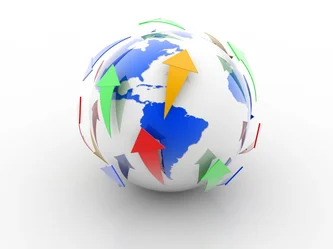
Next-Shoring: The New Frontier in Manufacturing Strategy
Most of us are well versed with the term “off-shoring,” which, according to Wikipedia, involves relocating a business process from one country to another – typically an operational process, such as manufacturing, or supporting processes, such as accounting. Offshoring has been the trend since the 80’s when Western manufacturers started to shift production to countries with lower labour costs and fewer regulations, often in Asia and Latin America. This trend led to tremendous growth in the national economies of China, Indonesia, and Vietnam.
However, times are changing, and costs are rising in these countries. Increased political instability and growing protectionism often result in unfavourable regulations and trade restrictions. Many Western companies start to “re-shore” or “next-shore” production capacities back to their home countries or countries closer to their products’ target markets.
Here are a few countries/areas which are or might become favourites for Next-Shoring;
Mexico is the most promising country due to its proximity to the United States and the North American Free Trade Agreement (NAFTA). Furthermore, a fast expansion of mainland Chinese immigrants and growth of local manufacturing could be observed over recent years.
Brazil would be next. It owns many natural wood resources, a stable workforce, and manufacturing capabilities, but a weak transport infrastructure needs improvement.
Eastern European countries such as Poland, Hungary, and the Czech Republic are favourites in Europe due to the relatively low-cost yet skilled labour forces. Good transport infrastructures connect them with Western Europe.
Indonesia and Vietnam are already very important production hubs, and both countries will continue to grow, serving not just Western countries but also China, Australia, Japan, and ASEAN markets.
Turkey is a bit of a “dark horse”; strategically located between Europe and Asia, it has the potential to develop into an important manufacturing base. However, it needs to fix its economy, stabilise the currency and ease import & export restrictions.
